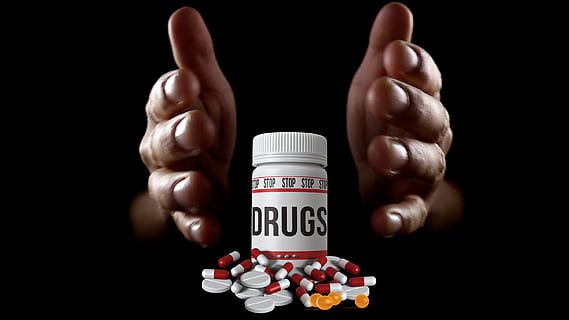Top Alcohol Rehab Thailand Guide!
페이지 정보

본문
 Introduction:
Introduction:Dual Diagnosis refers to the co-occurrence of a mental health disorder and a material use disorder in a person. Those two problems often exist at the same time and may complicate the treatment process. This report is designed to supply a comprehensive summary of Dual Diagnosis, including its prevalence, danger aspects, effect on individuals, and available treatments.
 Prevalence and Danger Aspects:
Prevalence and Danger Aspects:Scientific studies suggest that Dual Diagnosis is typical, with a substantial proportion of individuals struggling with both psychological state and compound usage disorders. Analysis shows that roughly 50percent of an individual diagnosed with a severe psychological infection also provide a substance use condition. Also, individuals with substance usage problems are more likely to develop a mental health condition than those without these types of problems.
A number of danger facets contribute to the introduction of Dual Diagnosis, including genetic predisposition, ecological facets, trauma, and an individual's personal record with mental health or substance abuse. It is critical to address these risk factors throughout the evaluation and therapy process assuring effective care for those with Dual Diagnosis.
Impact on Individuals:
The coexistence of psychological state and substance use conditions can substantially influence an individual's total wellbeing and standard of living. Dual Diagnosis usually causes complex and intertwined difficulties, such enhanced rates of hospitalizations, greater committing suicide rates, poor therapy effects, homelessness, and legal problems. Moreover, these people may deal with problems in their interactions, employment, and total social functioning, which further exacerbates their particular circumstance.
Treatment Options:
Successfully handling double Diagnosis needs a remedy approach that covers both the mental health and substance usage problems simultaneously. Treatment options can sometimes include:
1. prescription: Psychotropic medications will relieve signs and symptoms of mental health disorders. Also, medicines created specifically to handle compound usage conditions, such as opioid replacement therapy or anti-craving medications, are prescribed.
2. Psychotherapy: numerous types of treatment, including Cognitive Behavioral Therapy (CBT), Dialectical Behavior treatment (DBT), and Motivational Interviewing (MI), are employed to handle fundamental problems and instruct coping skills.
3. Support Groups: Engaging in support groups, such as for instance Alcoholics Anonymous (AA), Narcotics Anonymous (NA), or Dual Recovery Anonymous (DRA), can provide individuals with a supportive community and support in maintaining long-lasting recovery.
4. built-in Treatment products: These programs offer extensive and coordinated care by a multidisciplinary group that includes psychological state experts, Addiction rehab thailand experts, as well as other health care providers. Incorporated programs make sure holistic treatment and help for individuals with Dual Diagnosis.
Conclusion:
Twin Diagnosis is a complex condition that requires specific approaches to successfully address both mental health and material use problems. By knowing the prevalence, risk aspects, and effect of Dual Diagnosis, medical experts can better identify and develop appropriate treatment programs for people struggling with this condition. Advertising study, raising awareness, and broadening use of incorporated treatment programs are necessary measures towards enhancing effects for anyone with Dual Diagnosis.

- 이전글Приобрести фронтальный погрузчик КУН: Справочник для успешных покупок 24.01.17
- 다음글Aldara Active Ingredient: Imiquimod 24.01.17
댓글목록
등록된 댓글이 없습니다.

